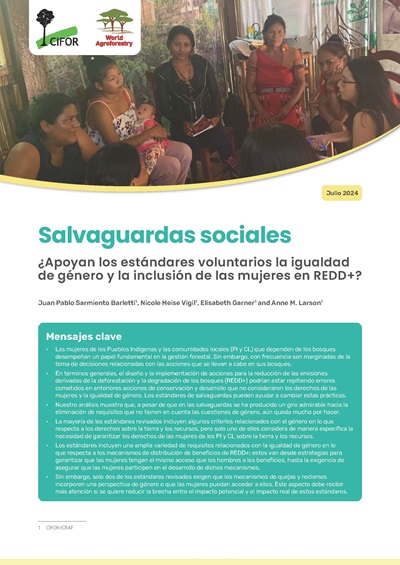Download:
Publication year
2014
Authors
Language
English
Keywords
decentralization, deforestation, efficiency, environmental degradation, forest economics, forest policy, forest resources, forests, land use, politics, project implementation, projects, right of access
























